Press
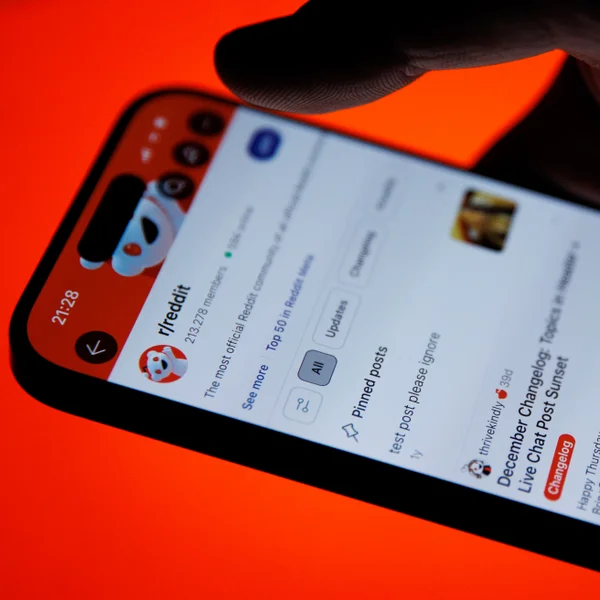
AI Tool Predicts Whether Online Health Misinformation Will Cause Real-World Harm
A new AI-based analytical technique reveals that specific language phrasing in Reddit misinformation posts foretold people rejecting COVID vaccinations.
May 17, 2024

Study Traces an Infectious Language Epidemic
Virginia Tech computer scientist Eugenia Rho has once again shown the power of language to predict harm — this time to the nation’s health.
May 11, 2024
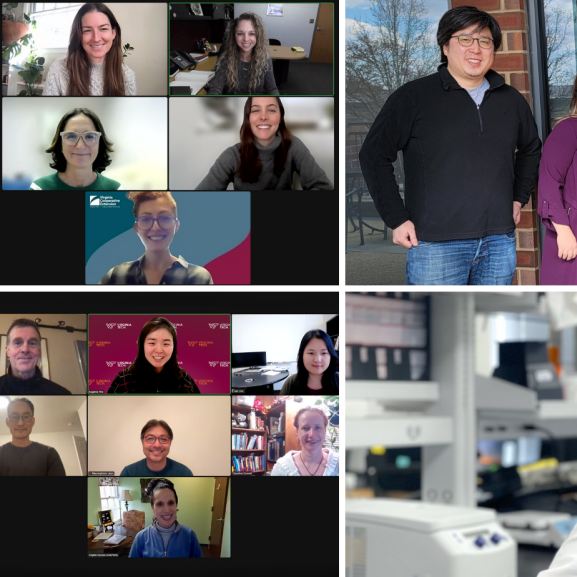
Seed grants fuel multidisciplinary, community-engaged mental health research
From using artificial intelligence to help adults with autism to developing interventions for food insecurity among young children, a range of systemic factors that contribute to inequitable mental health outcomes will be explored with the first seed grants from the newly formed Whole Health Consortium, housed within Virginia Tech's Institute of Society, Culture, and Environment.
March 7, 2024

Be Careful What You Feed Your Head
If you are like a lot of successful leaders, you are probably pretty thoughtful about what you put into your body. Almost every CEO I know follows some form of diet to ensure they remain healthy, fit, and able to perform at their best. But how much thought do you give to what you put into your brain?
February 14, 2024

AI—The good, the bad, and the scary
There is no denying that Artificial Intelligence has changed our lives. However, some might argue if it’s for the better.
Fall 2023

Two networks, two realities, one big problem
Researchers at Virginia Tech have documented an escalating cycle of political polarization in American broadcast news and X, formerly known as Twitter, that could have dire consequences for democracy
August 25, 2023

New Study: Officers' First Communication with Black Drivers Can Determine Traffic Stop Outcome
New study sheds light on how an officers' first communication with Black drivers can determine the outcome of a traffic stop...
June 13, 2023
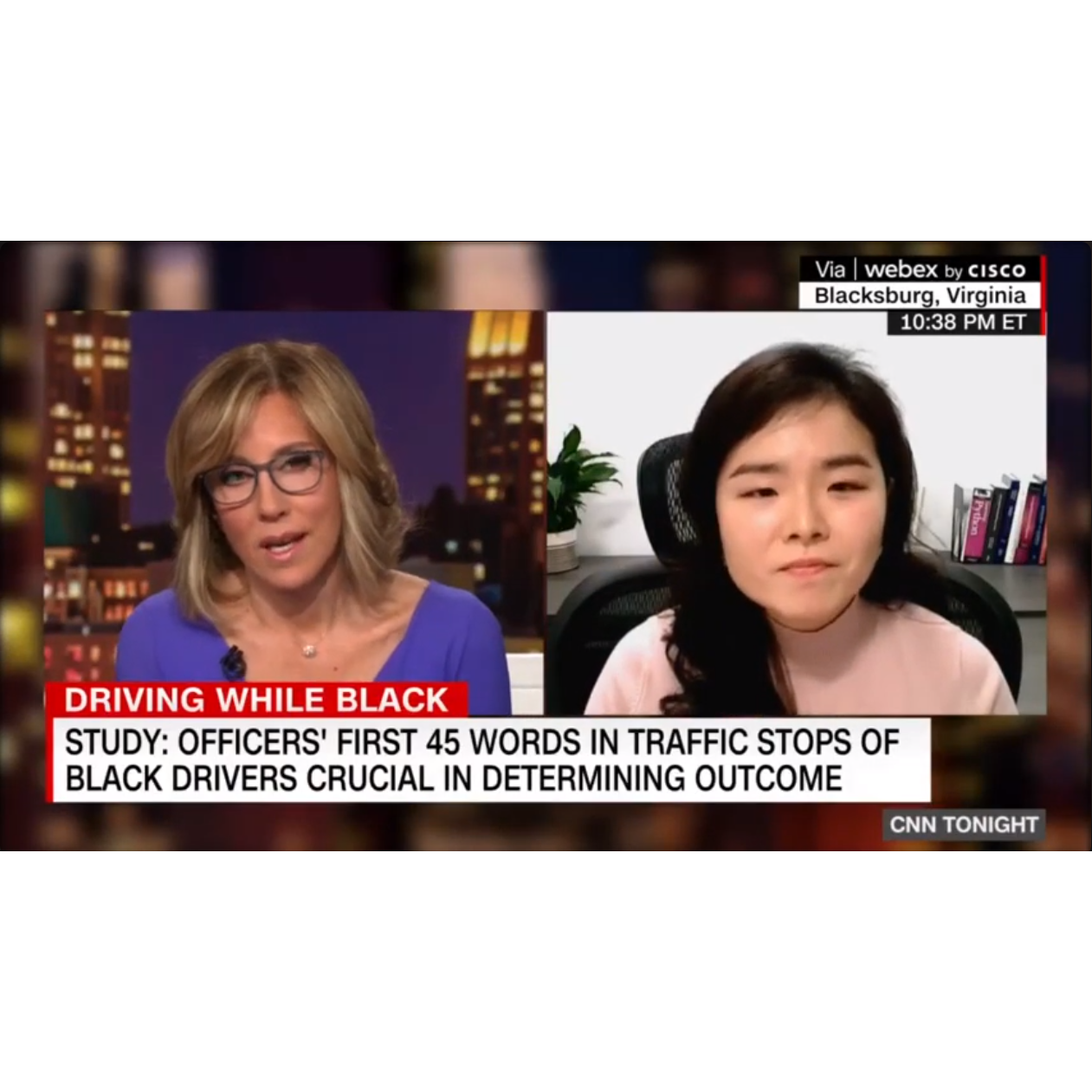
Alisyn Camerota interviews Eugenia Rho on CNN Tonight about her latest research
June 6, 2023
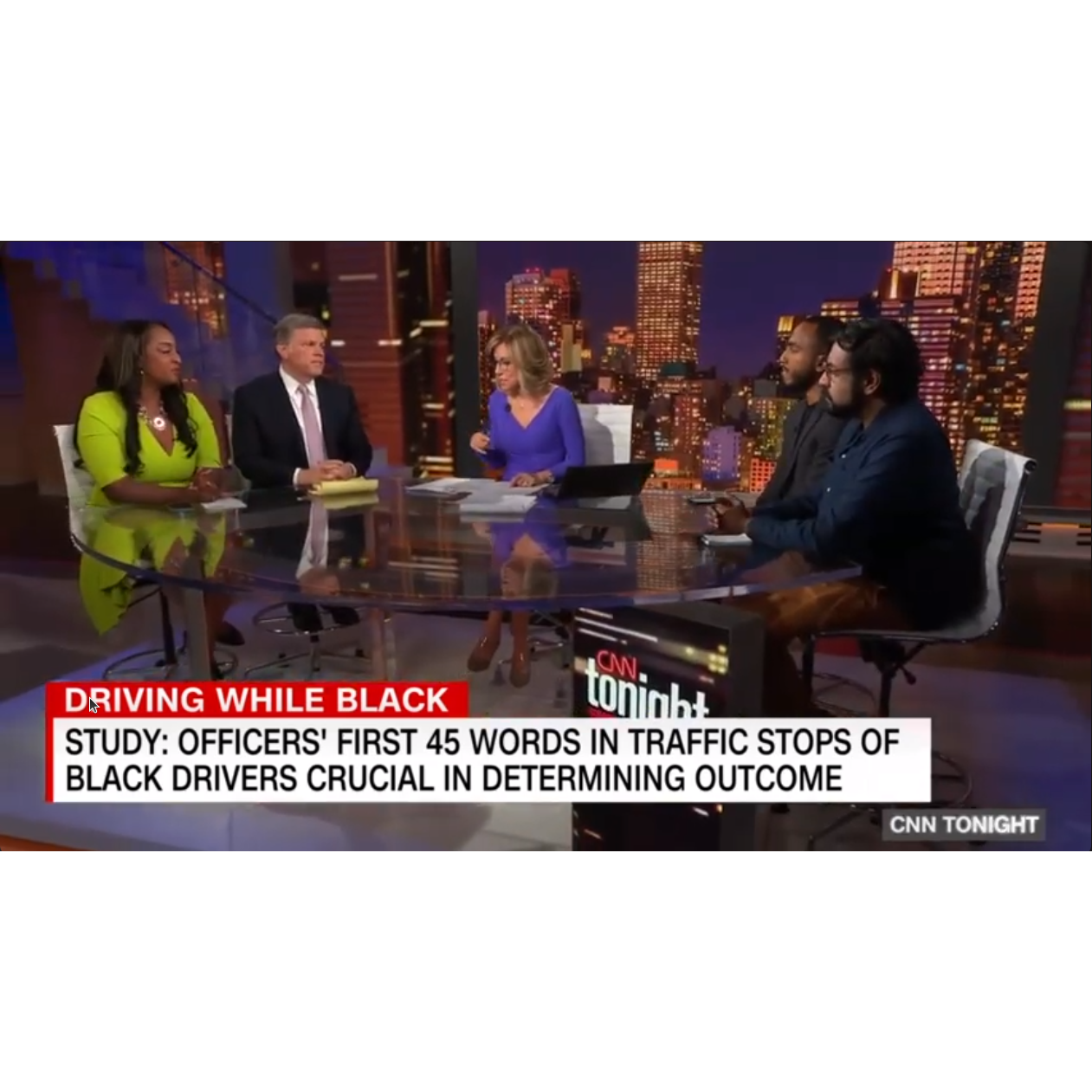
CNN Tonight panel discusses recent study that highlights how traffic stops end in escalation
June 6, 2023

A study found a racial bias during police traffic stops and police orders
A new study analyzing police body-camera footage from 577 routine car stops involving Black drivers highlights the substantial impact...
June 1, 2023
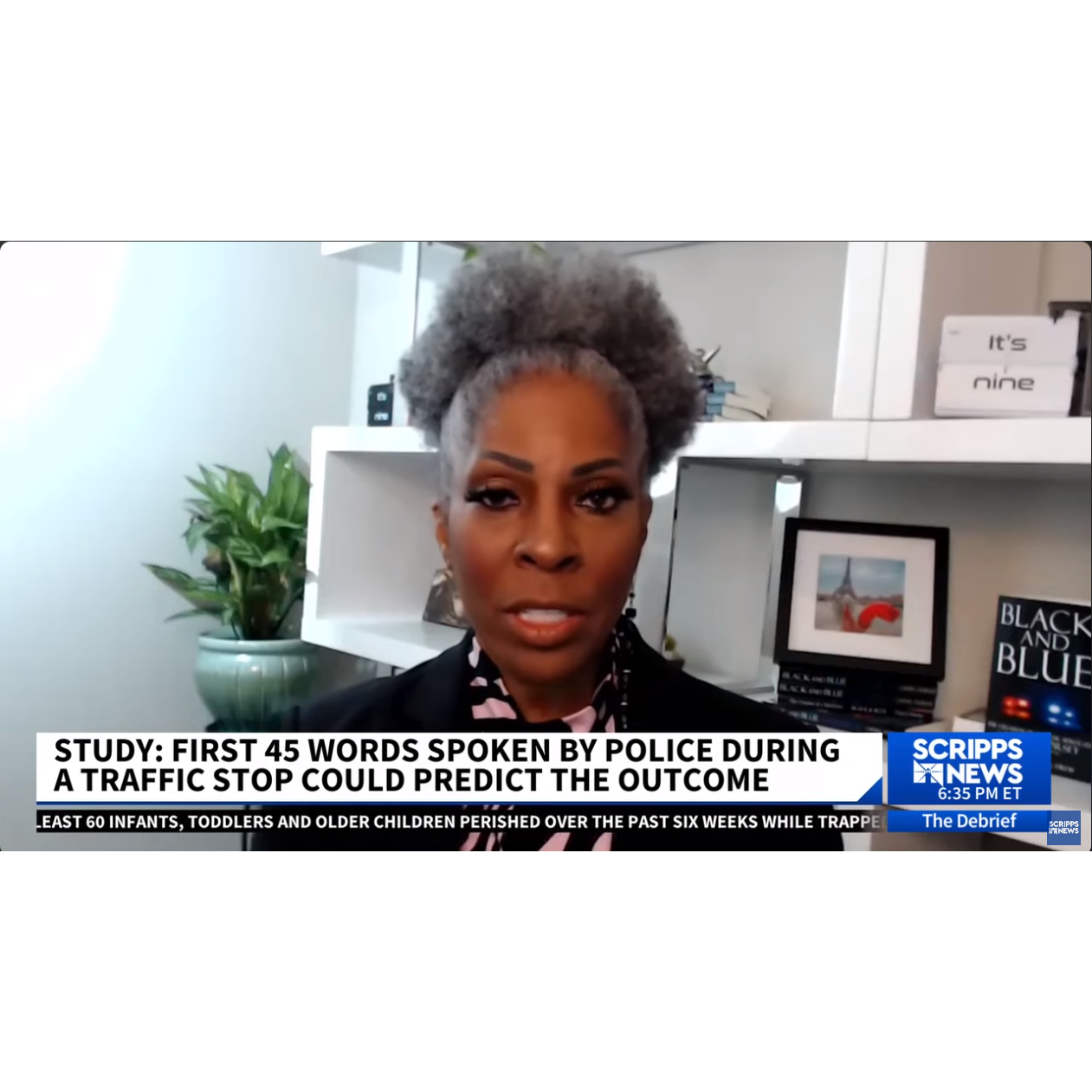
Study: Officer's First 45 Words in Traffic Stop Could Predict Outcome
June 1, 2023

For Black drivers, a police officer's first 45 words are a sign of what's to come
A study finds a Black driver is more likely to face being searched, handcuffed or arrested when an officer's first words are commands...
May 31, 2023
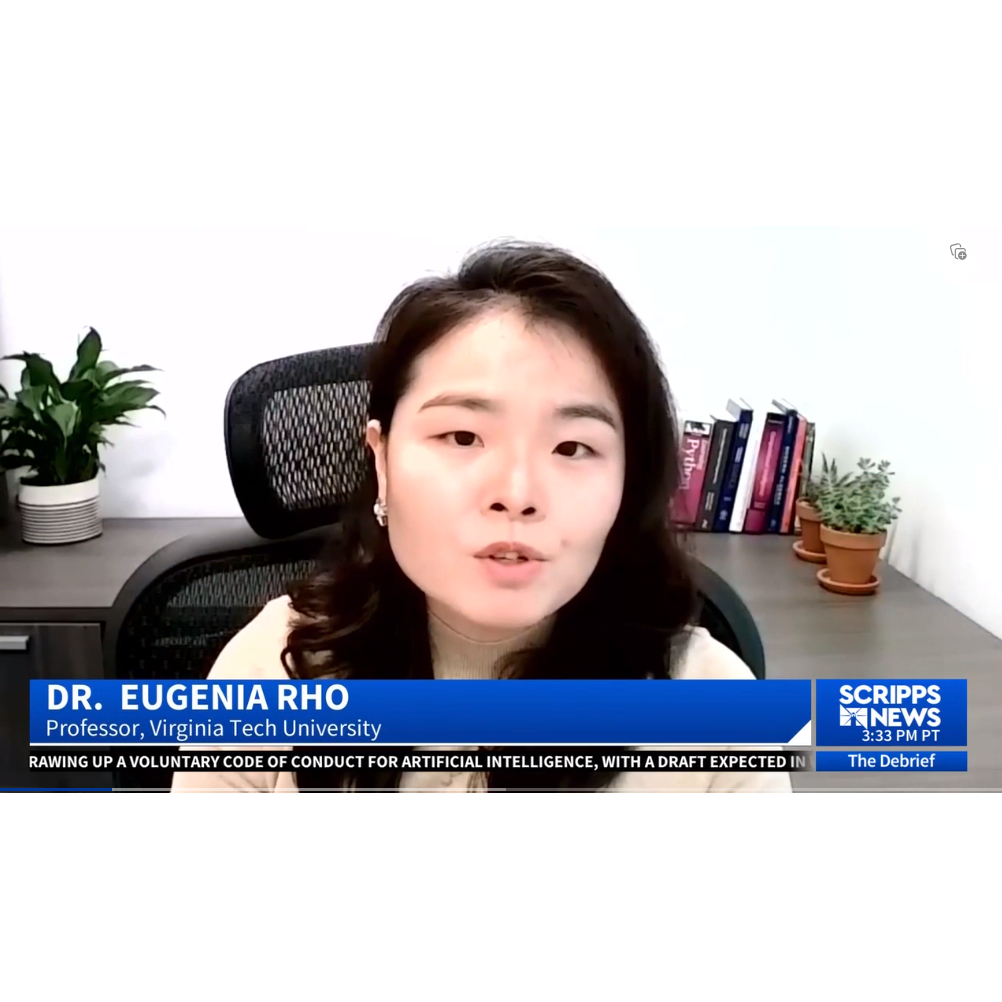
Study: Officer's first 45 words in traffic stop could predict outcome
A new study found Black drivers are more likely to face being searched, handcuffed or arrested when an officer's first 45 words are commands
May 31, 2023

For Black drivers, a police officer's first 45 words are a sign of what's to come
Scientists are studying police camera footage to understand why some car stops of Black men escalate and others don't
May 29, 2023

Vehicle stop study illuminates importance of officer's first words
Eugenia Rho is the lead author of a recent study that highlights key components of traffic stops that end in escalation
May 29, 2023

Political hashtags make people less likely to believe the news
A new study out of the University of California set out to find whether people responded differently to the presence or absence of political hashtags in news stories...
December 15, 2019
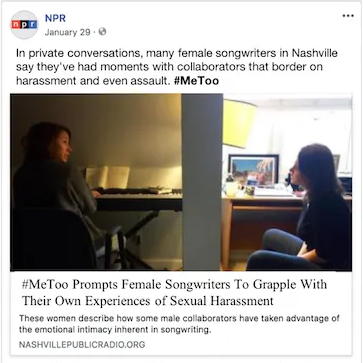
Political hashtags like #Metoo and #Blacklivesmatter make people less likely to believe the news
When news stories include a catchy hashtag, readers perceived the news topic to be less socially important
November 30, 2019

Political hashtags like #Metoo and #Blacklivesmatter make some people doubt the stories they're attached to
''This is a load of crap on a number of levels.'' ''This article reads 'FAKE NEWS.''' ''I don't believe this post is backed with any real knowledge or fact.'' A simple hashtag intended to boost a post's audience on social can...
November 26, 2019

Political hashtags like #Metoo and #Blacklivesmatter make people less likely to believe the news
News outlets sometimes use hashtags to promote their stories
November 26, 2019